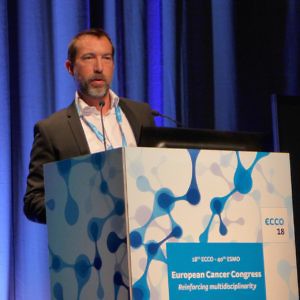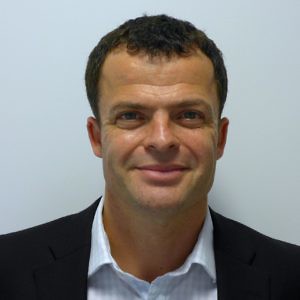Gut Bacteria Impact Checkpoint Inhibitor efficacy
Readers may recall at the 2014 annual meeting of the Society for Immunotherapy of Cancer (SITC) we wrote about the work of Dr Marcel van den Brink (MSKCC) on how the composition of bacteria in the gut can have an impact on graft-versus-host disease (GvHD), and survival post bone marrow transplant. See post: Can you reduce Graft versus Host Disease GvHD by regulating gut bacteria?
At SITC 2015, we heard from Dr Tom Gajewski (University of Chicago) who presented work from his laboratory, recently published in Science, that shows the gut microbiota can also impact the efficacy of checkpoint inhibitors.
Dr Gajweski is one of the foremost cancer immunotherapy researchers in the United States. He previously spoke with BSB about his work on the STING pathway, and how the tumor microenvironment impacts checkpoint inhibitor efficacy. See post: Tom Gajewski takes the STING out of Cancer.
In his extremely busy schedule at SITC, Dr Gajewski found a few minutes to talk about his latest research and future plans.
Subscribers can login to read more or you can purchase access.
This content is restricted to subscribers

 Holbrook Kohrt MD PhD
Holbrook Kohrt MD PhD